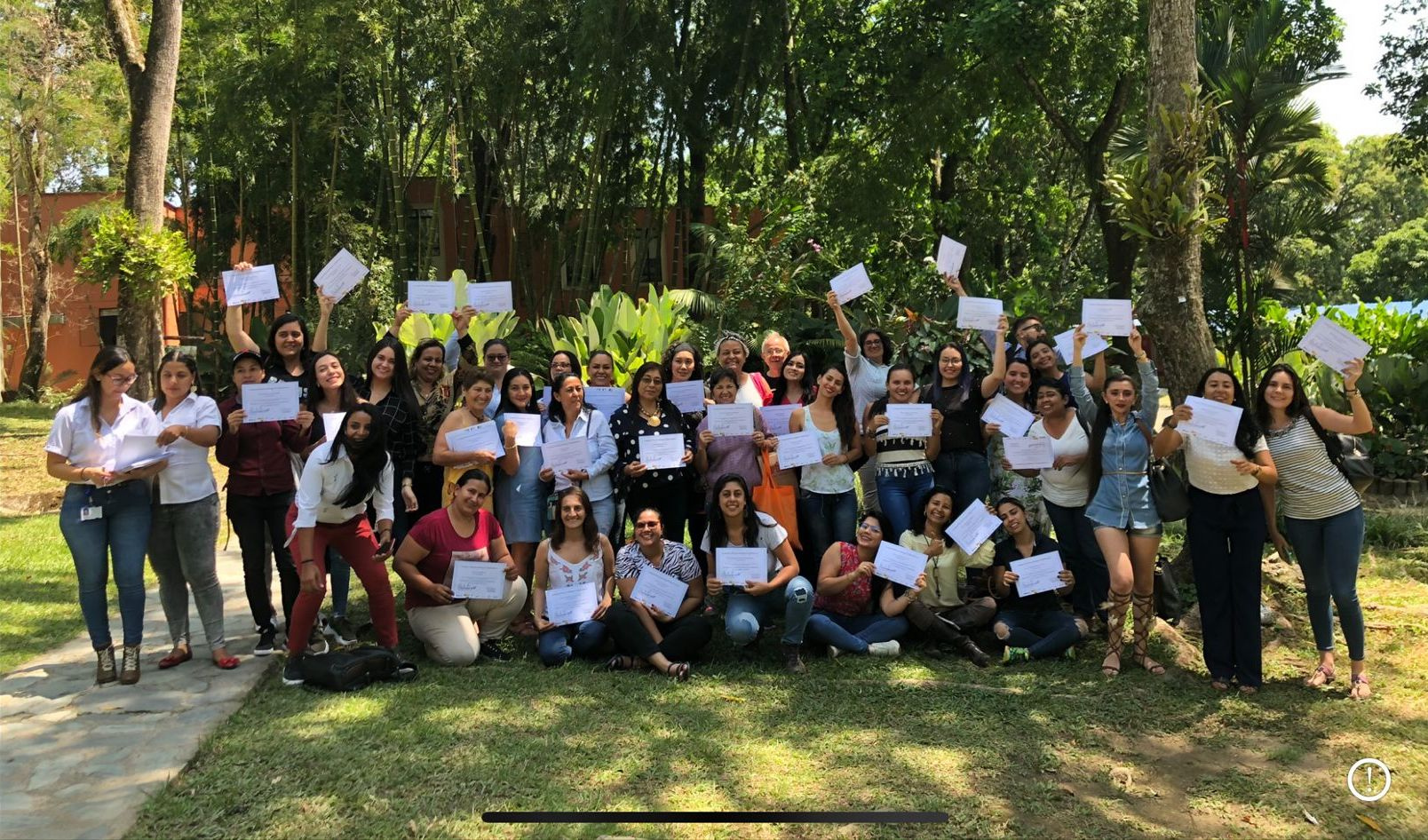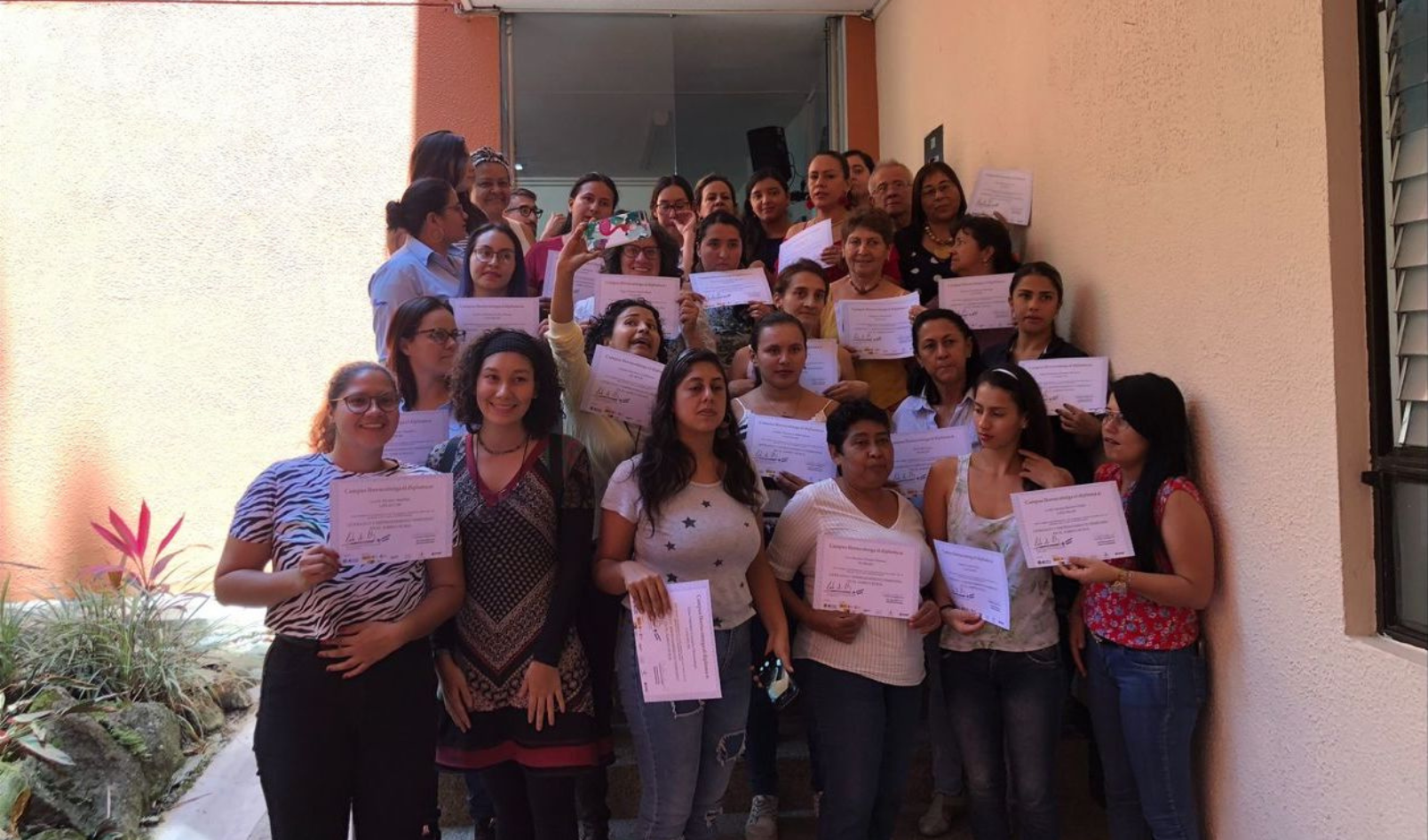The Campus Iberus consortium has enabled lecturers from its four universities to work closely with public sector institutions in the lifelong learning of their employees, offering a wide range of specialised courses adapted to each institution.
In addition to the official studies, specialised seminars have been held on request in cooperation with Colombian university professors.
COURSES CARRIED OUT FOR THE GOVERNORATE OF ANTIOQUIA

Community intervention: methodology, innovation and entrepreneurship

Mental health: prevention and community mental health interventions

Social policies and public policy evaluation

Women's Rural Development

Formulation and preparation of European projects

Design Thinking

Sustainable Transportation & Smart Logistics

Creative Teaching Practices

Spatial and environmental planning

Circular economy and environmental sustainability

Corporate Social Responsibility and Social Innovation

Life project beyond retirement. Prophiguration and wise active ageing
On-site training has also been organised in collaboration with local universities, such as the course “Women’s entrepreneurship and leadership: how to anticipate new challenges and opportunities”, aimed at training women from a gender perspective in different skills and knowledge necessary for the implementation of entrepreneurial projects.


With the University of Ibagué, two courses were offered:
Territorial structures with a female face in the department of Tolima (Colombia)
The project aims to have a positive impact on the female population in the municipalities of southern Tolima (Herrera, Planadas and Chaparral), which are already organised in collaborative work associations. It consisted of providing the women with training in sustainable social entrepreneurship, as well as leadership and women’s empowerment issues; it also consisted of accompanying the associations in the support of branding work with a budget earmarked to boost their various ventures. The aim is to contribute to the growth of the territory through collective social innovation processes in these communities.
This project consisted of the design, implementation and evaluation of a training action aimed at improving and making the enterprises of women’s associations sustainable: carried out in a mixed face-to-face and telematic modality with synchronous and diachronic sessions. In this sense, the contents of the course have taken into account the training needs of the participating women and the development of their competences to strengthen their entrepreneurial initiatives in the following topics:
The training programme consisted of 7 modules (Module I. Women and Society, Module II. Motivation and Female Leadership, Module III. Labour Welfare and Collective Innovation, Module IV. Business Fundamentals, Module V. Development of a Sustainable Business Plan, Module VI. Project Management and Module VII. Marketing Tools. In addition to practical content (offline, tutored group work, diachronic field work).
This project was developed with the collaborative work of three associations of women entrepreneurs, whose work in the development of their communities has been important for the fulfilment of the main objective proposed here in the impact on the socio-economic growth of these municipalities.
Corporate Social Responsibility and Social Innovation
With the Autonomous University of Yucatan, Mexico
